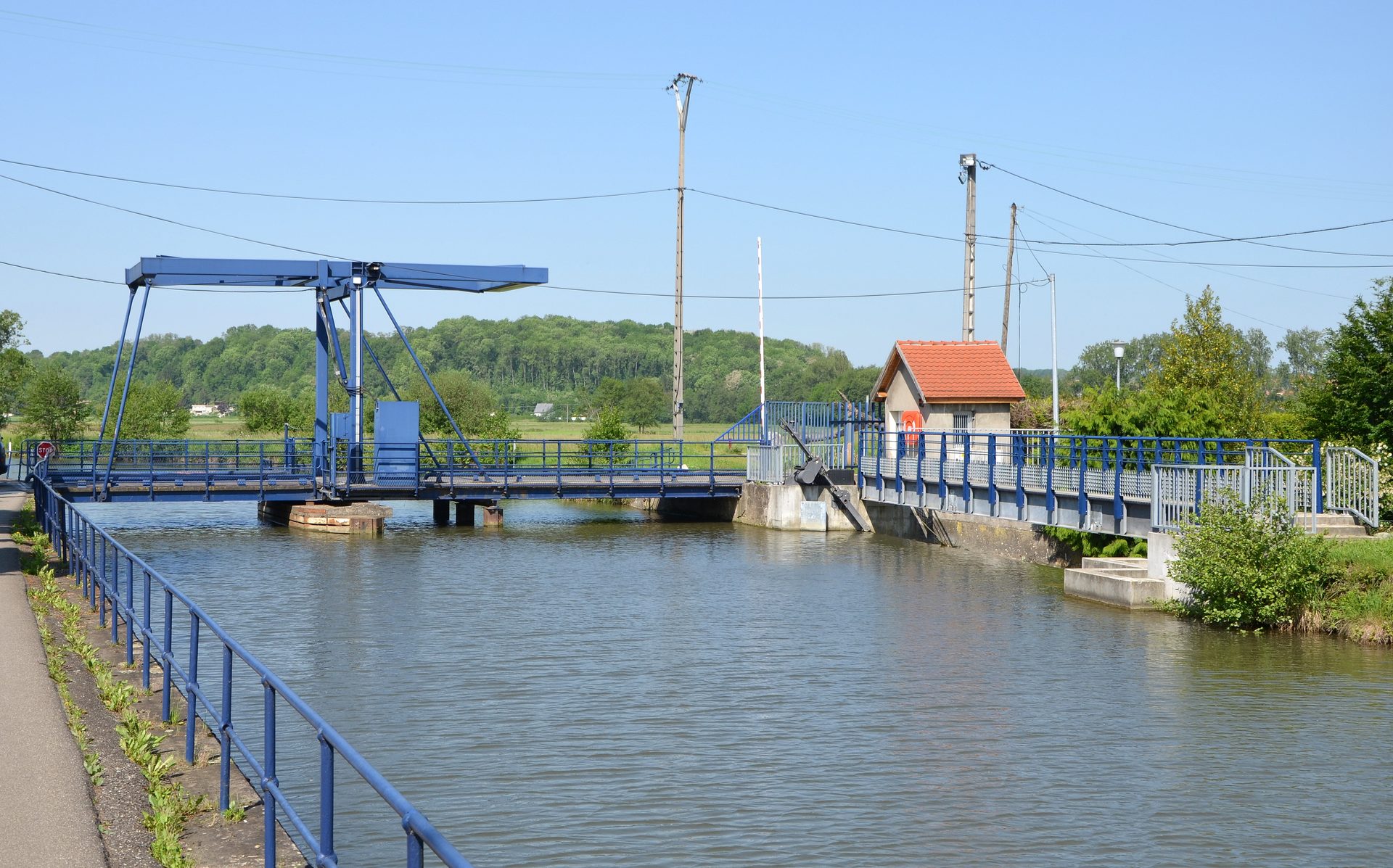A new canal project in neighbouring France is testing the use of electric boats and charging stations for tourism purposes with a view to extending the practice for commercial transportation.
In terms of pollution and greenhouse gas emissions, the impact from boats and ships that use inland waterways is negligible, not because they are cleaner than other modes of transport but because so few actually operate. Only about 3% of goods are moved through Belgium via the river system.
Heavy goods vehicles on the road emit 100 g/t-km of CO2, while boats are at 30 g/t-km. But that's no reason for boats not to evolve, especially as the EU insists that the transport sector should be carbon neutral by 2050.
Although there is a demand for decarbonisation in the boating sector, there is no obligation to convert fleets to electricity. However, the benefits are numerous. Electric boats are a good idea for several reasons. Firstly, they eliminate noise, vibration, and diesel smoke, providing a peaceful and eco-friendly boating experience. Electric boats also contribute to reducing carbon emissions, and therefore address current ecological problems.
In France, the Voies Navigables de France (VNF) in Alsace is already testing electric boats and riverside charging stations, mainly for tourism purposes but with a view to installing the infrastructure that could support electric shipping for commercial use.
Lack of production
The VNF has installed electric charging stations along the Marne-Rhine Canal in France, demonstrating the viability of this concept. Along the busiest part of the canal, the VNF have placed a dozen charging points, providing about twenty sockets with 22 kW of power, such as those found in cities for electric cars.
However, for these charging stations to prove to be of any use, electric boats or barges are needed. And this is where the problem lies, since there is no specialised manufacturer.
To solve this, two French companies have joined the project to build boats capable of recharging at the canal’s posts. Each has a battery with a capacity of just over 60 kWh, similar to that of a car, which allows the boast to sail for eight hours. This is more than enough given the average barge user does not exceed five hours a day. If more power is needed, just plug in to the terminals, as you do with any electric car.
If the French project is successful, we may start to see electric boats on Belgian rivers. The Brussels Times reported 18 months ago that the world's first electric foiling boat, the Candela C-8, was set to arrive in Belgium, the Netherlands, and Luxembourg by the end of 2022.
Deliveries, according to Candela’s website, are now expected to begin in early 2024 but at a price of €400,000 per boat, this might not be the model for everyone and cheaper alternatives will be needed if electric boats are to become a viable option.

